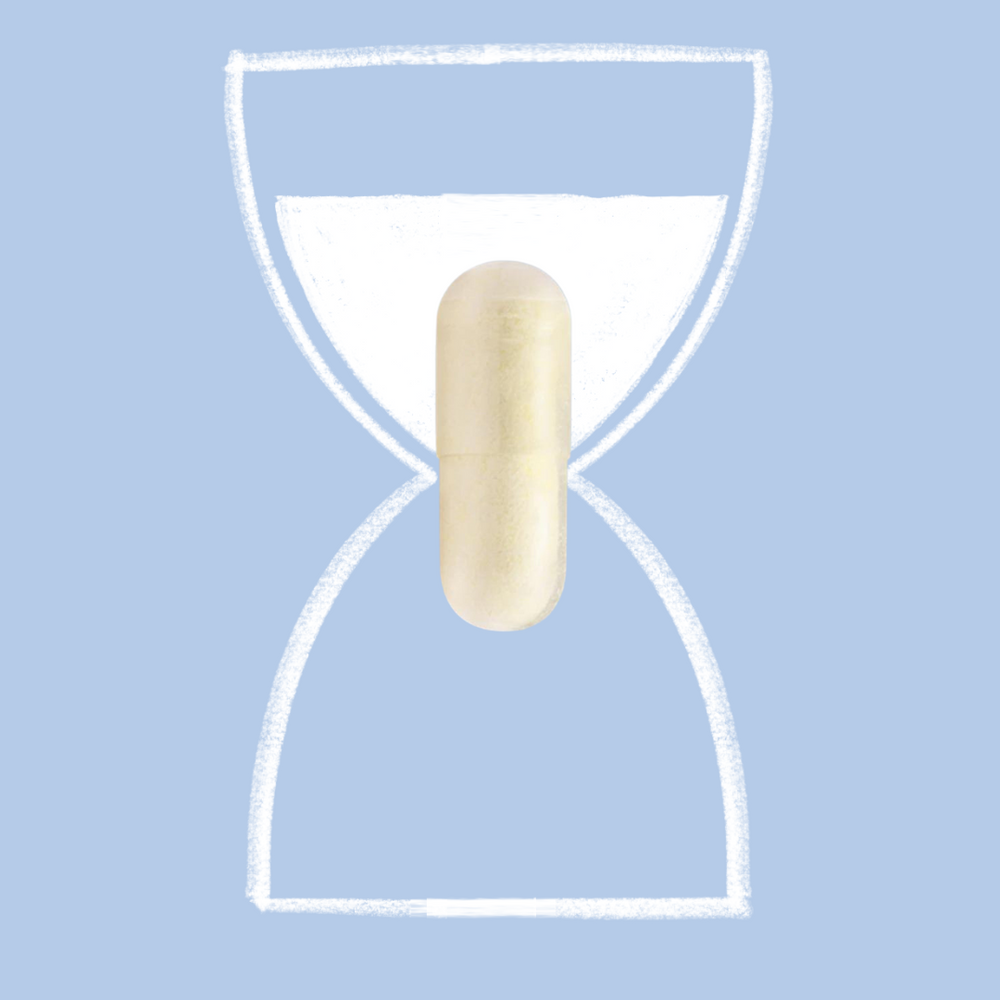Lorem ipsum
1
You have saved personalized supplements. Would you like to add them back to your cart?
£0.00 GBP
Your cart total must be £20.00 or more to proceed.
1000mg
• Supports relaxation and sleep
• Mitigates muscle cramps and spasms
• Regulates blood sugar levels
Couldn't load pickup availability
 Vegan
Vegan
 Vegetarian
Vegetarian
 Non-GMO
Non-GMO
 GMP
GMP
 Gluten Free
Gluten Free
Magnesium glycinate, a highly bioavailable form of magnesium, is a dietary supplement designed to augment magnesium levels in the body. This mineral-amino acid compound plays a critical role in maintaining various bodily functions, including nerve and muscle relaxation, enzyme activity, and metabolic processes.

Dream booster
Magnesium glycinate is formed when magnesium ions bind to glycinate (glycine molecules). The presence of glycine, an amino acid and a neurotransmitter, enhances the supplement's bioavailability, allowing for efficient absorption in the gut and minimizing digestive discomfort typically associated with other forms of magnesium.
Once absorbed, magnesium plays pivotal roles in numerous physiological processes. It is a crucial co-factor in over 300 enzyme systems involved in a myriad of biochemical reactions, including protein synthesis, muscle and nerve function, blood glucose control, and blood pressure regulation. Low magnesium levels can result in symptoms like fatigue, muscle weakness, and sleep issues.
Furthermore, magnesium's interaction with glycine enhances the supplement's beneficial impact on the nervous system. Glycine is a neurotransmitter that can inhibit excitatory neurotransmitters, thereby inducing a calming effect and promoting better sleep.
Magnesium also exhibits potent anti-inflammatory properties and can help stabilize blood sugar levels, contributing to overall health and wellness.
Regular intake of magnesium glycinate may result in improved sleep quality, increased relaxation, reduced muscle cramps, and more stable blood sugar levels.
Take 1 tablet daily with food and water, unless specified otherwise on the sachet.
* Percent Daily Values are based on a 2,000 calorie diet.
† Daily Value not established.
Micro Crystalline Cellulose, Anti Caking Agents Magnesium Stearate, Silicon Dioxide
Publications you might find interesting

1. De Baaij, J. H., Hoenderop, J. G., & Bindels, R. J. (2015). Magnesium in man: implications for health and disease. Physiological reviews, 95(1), 1-46.
2. Cherasse, Y., & Urade, Y. (2017). Dietary zinc acts as a sleep modulator. International journal of molecular sciences, 18(11), 2334.
3. Pickering, G., Mazur, A., Trousselard, M., Bienkowski, P., Yaltsewa, N., Amessou, M., ... & Dubray, C. (2020). Magnesium status and stress: The vicious circle concept revisited. Nutrients, 12(12), 3672.
4. Tarleton, E. K., & Littenberg, B. (2015). Magnesium intake and depression in adults. Journal of the American Board of Family Medicine, 28(2), 249-256.
5. Rosanoff, A., Weaver, C. M., & Rude, R. K. (2012). Suboptimal magnesium status in the United States: are the health consequences underestimated?. Nutrition reviews, 70(3), 153-164.

Gain access to your own data driven dashboard, health reports and personalised supplement plans.


• Supports cellular health and longevity
• Boosts NAD function
• Promotes skin health and elasticity

